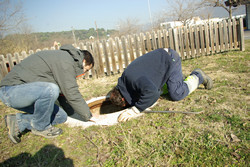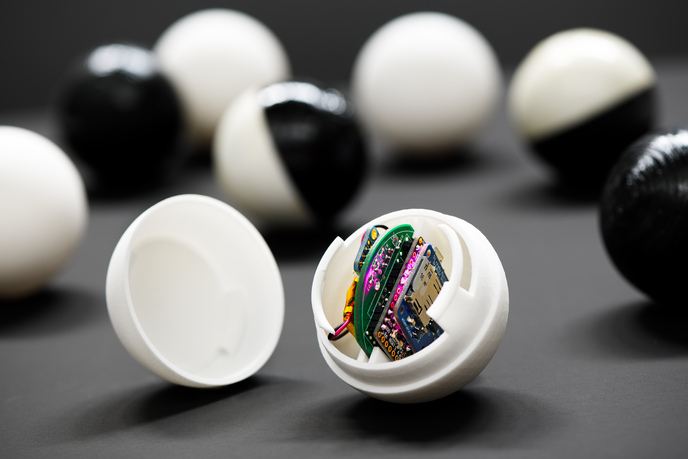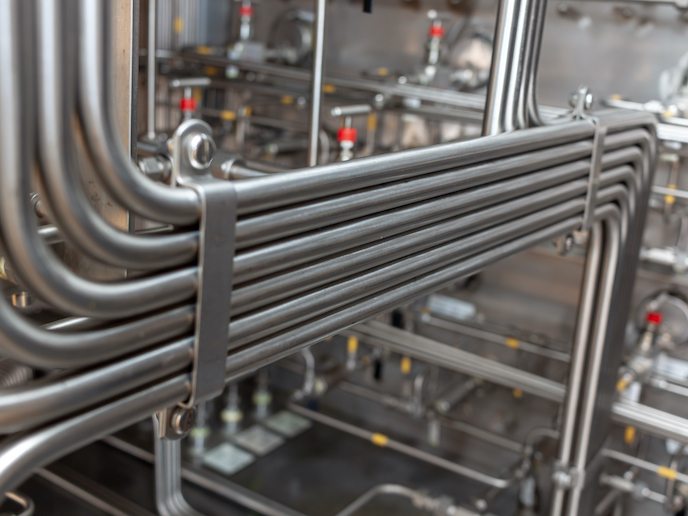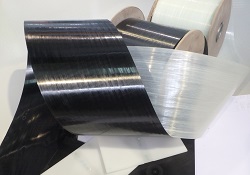Mitigating gas emissions from sewers
Sulphide accumulation in sewers causes bad odour, health hazards, and the corrosion of pipes and inlet structures. Sewers are also a source of methane, a greenhouse gas (GHG) that contributes significantly to global warming. These gas emissions are expected to increase in the Mediterranean due to climate change and predicted water scarcities. The SGHGEMS (Sulfide and greenhouse gas emissions from Mediterranean sewers) project aimed to resolve these issues. The initiative combined extensive experimental work on real sewers, and used advanced mathematical modelling to provide effective control measures. The objective was to quantify sulphide and methane production from Mediterranean sewers and to create advanced management tools. Researchers quantified the gases produced in the Spanish l'Escala urban wastewater system under both cold and warm weather conditions. The results were used to simulate the behaviour of the monitored sewer system. These simulations enabled researchers to optimise the nitrate concentrations necessary to control sulphide in this system. During the course of the project new topics related to sewage systems were incorporated into the research. These included the development of a prototype for the online detection and monitoring of dissolved methane in sewers. The consortium also used low-cost temperature sensors to develop a system for monitoring combined sewer overflow spills from sewer systems. These occur during periods of heavy rainfall when the volume of wastewater in a sewer system can exceed the capacity of the system or treatment plant and overflows into nearby water bodies. In addition, the project investigated the fate of pharmaceutical compounds in sewer systems as part of an emerging field known as sewage epidemiology. This allowed scientists to track the content of wastewater and establish the habits of a population living within a particular water catchment area. The research conducted by SGHGEMS will help in tackling the effects of sulphide and methane in Mediterranean water systems, resulting in healthier sewers and a healthier environment.







